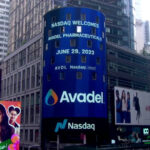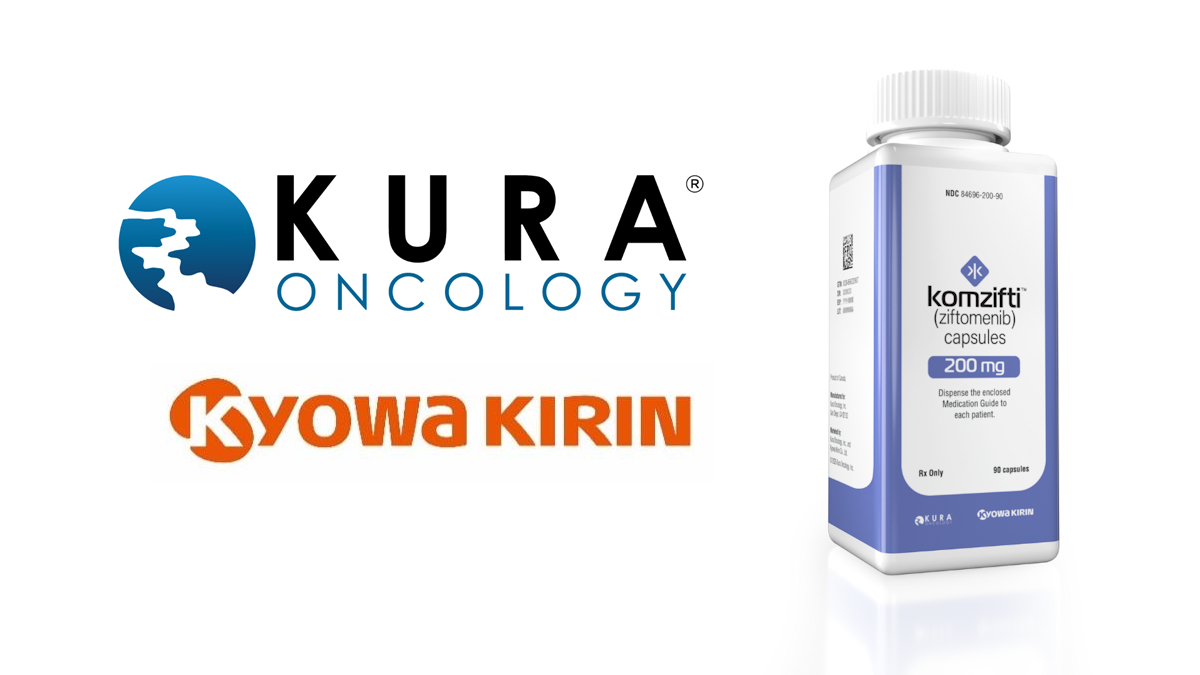Every time a new observational data point appears, the reaction is the same: Instant celebration. Instant amplification. Zero skepticism.
Doctors should be the guardrails in moments like this. Instead, many are becoming megaphones for half-baked narratives that generate attention but not accuracy. GLP-1s are already drowning in hype.
Weight loss! Heart benefits! Now, anti-cancer powers?
Except none of these claims are backed by rigorous evidence strong enough to justify the certainty being broadcast online.
This kind of magical thinking is how misinformation spreads—yes, even when it comes from MDs.
GLP-1s help patients lose weight, which improves overall health. I get that, but real-world observational studies show higher overall discontinuation rates, but not all are directly attributable to side effects. For example, an extensive US cohort study found that 53% of patients discontinued incretin-based therapies for obesity by 1 year, though reasons were not specified. Another study reported that moderate or severe GI adverse events increased the hazard of discontinuation (HR 1.38 for patients with type 2 diabetes). Registry data from patients with type 2 diabetes indicate that 21.2% discontinued GLP-1 RA therapy within 12 months, with lower socioeconomic status and higher comorbidity burden associated with a higher risk.
Trials sof GLP1s pan 2–4 years, which is less than the duration many patients may use these agents in clinical practice. While current evidence is robust for medium-term use, ongoing surveillance and future studies are needed to characterize risks and benefits beyond 5 years fully.
I have friends and colleagues who are trying GLP-1s and at baby doses, they’re doing ok. Still, as they increase the dosages, they are having second thoughts about the drugs as their side effects increase. As one person told me, “I have to ensure I don’t eat any high-fat or meals with a lot of sugar because if I do, I get awful side effects”. Another told me, “I’m generally OK on my med, but I went out to eat with my husband and although I didn’t think my meal had a lot of fat, I felt really ill by the time we got home”.
If patients understand the risks and benefits of using GLP-1s it’s better for all of us but when the hype machine take over on social media from trusted physicians I have a problem.
Social Media Doesn’t Need More GLP-1 Cheerleaders in Lab Coats
The reality:
- No randomized controlled trials show that GLP-1s extend survival in colon cancer.
- No mechanistic evidence proves these drugs alter tumor biology.
- No one can legitimately claim causation here without overreaching.
But that hasn’t stopped clinicians from hitting “post” like they’ve uncovered a breakthrough.
If anything undermines public trust in medicine, it’s this: experts speaking with confidence about things that have not been proven.
Here’s the Message Physicians Should Be Posting
Not hype.
Not headlines.
Not marketing.
Just honesty:
“Interesting association. Needs real research. Not evidence of causation.”
Period.
Instead, we’re getting victory laps over data that don’t remotely justify them.
Stop Believing the Story Until There’s Actual Science Behind It
GLP-1s are not cancer-survival drugs. Not today.
Maybe someday. But that day requires:
- Controlled trials
- Mechanistic understanding
- Replication
- Real evidence
Until then, physicians should stop fueling the fantasy.
Science demands discipline.
Patients deserve accuracy.
And doctors should be the last people confusing correlation with causation—not the first.










